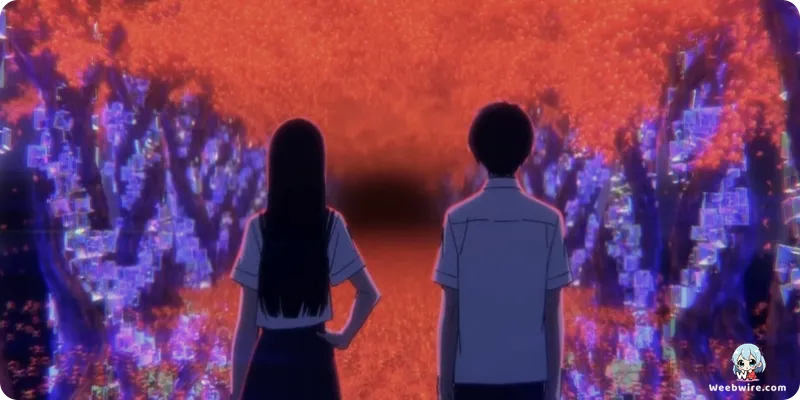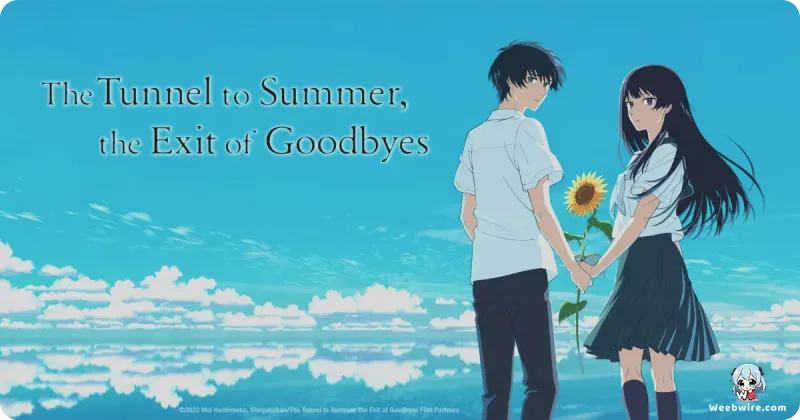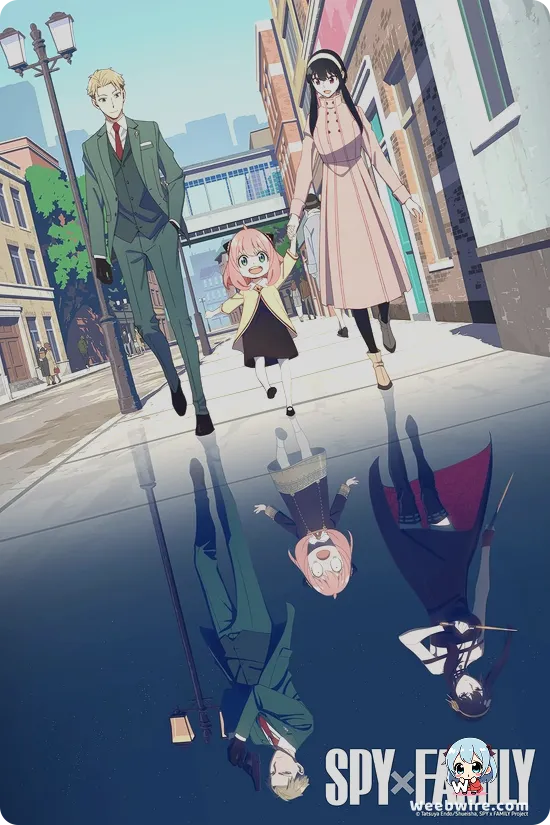'The Tunnel to Summer, the Exit of Goodbyes': A Deep Dive into its Poignant Mystery and Timeless Appeal

In the rich tapestry of anime cinema, 'The Tunnel to Summer, the Exit of Goodbyes' emerges as a profoundly captivating work, enchanting audiences with its blend of ethereal beauty, poignant mystery, and intricate narrative. Beyond its successful theatrical run, this cinematic adaptation offers a wealth of fascinating insights that underscore its enduring appeal. This article explores the unique elements that define this unforgettable film.
The Urashima Tunnel: A Price for Every Wish
Central to the narrative is the fabled Urashima Tunnel, a supernatural legend whispered through generations. A crucial, often unforgiving, aspect of this tunnel is its mechanism: it grants wishes but demands a severe price time. Moments spent inside translate to hours, days, or even years lost in the outside world. This temporal distortion is more than a plot device; it's a philosophical anchor, questioning the ultimate cost of our deepest desires. The film meticulously portrays this consequence, making every decision by protagonists Kaoru Tono and Anzu Hanaki resonate with the profound weight of irreplaceable loss.
Acclaimed Source Material and Adaptation
The film's narrative strength is rooted in its critically acclaimed source, Hachimoku Mei's light novel, illustrated by KUKKA. This literary work garnered significant recognition, including the prestigious Gagaga Award and the Special Jury Prize at the 13th Shogakukan Light Novel Awards. This robust foundation allowed Studio CLAP to transform a celebrated story into a visually stunning cinematic experience, a testament to the meticulous care taken in its adaptation.
Character Motivations and Evolving Bonds
Character motivations add compelling layers to the story. Kaoru Tono, consumed by grief for his younger sister Karen, seeks the tunnel in a desperate act of love. Anzu Hanaki initially aims to reclaim her lost dream of becoming a manga artist. Their individual quests gradually intertwine, evolving from a pragmatic alliance into a delicate romance built on shared vulnerability and mutual understanding, as Anzu's motivations shift towards understanding Kaoru and finding her own closure.
Studio CLAP's Visual Storytelling
Studio CLAP's animation masterfully brings the Urashima Tunnel's melancholic atmosphere to life. Visual cues, such as the interplay of light and shadow, a subtly vibrant color palette reflecting emotional states, and exquisite environmental details, enhance the narrative's themes. The tunnel's design, blending ancient folklore with an otherworldly presence, is a masterful interpretation of the novel. The animation doesn't just tell the story; it feels it, conveying wonder, dread, and fragile hope.

Themes of Memory, Regret, and Acceptance
Beyond wish-fulfillment, the film deeply explores memory, regret, and the acceptance of loss. The Urashima Tunnel functions as a potent metaphor for confronting one's past and the difficult choices involved in moving forward. It encourages viewers to ponder the why behind desires and their true meaning. This layered thematic depth, often highlighted by fans, enriches the viewing experience, complemented by subtle symbolism like the recurring cicada motif, representing fleeting time.
Ultimately, 'The Tunnel to Summer, the Exit of Goodbyes' stands as a powerful testament to emotional resonance born from a compelling story and dedicated craftsmanship. Its exploration of the Urashima Tunnel's lore, complex characters, acclaimed source material, and Studio CLAP's artistic vision combine to create a film of enduring appeal, an unforgettable journey where desires bear a heavy cost, and the path to summer often leads through the exit of goodbyes.
Credits
The Tunnel to Summer, the Exit of Goodbyes
Author
Hachimoku Mei
Cover Art
KUKKA
Studio
CLAP
Publisher
Shogakukan
Producers





